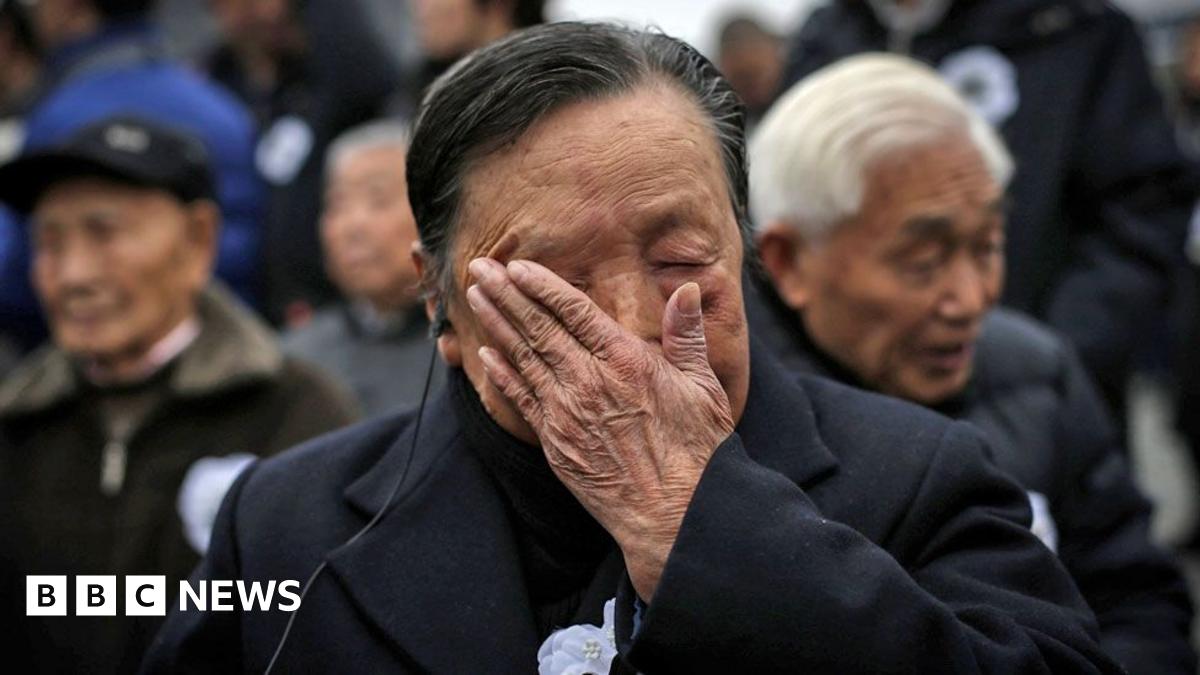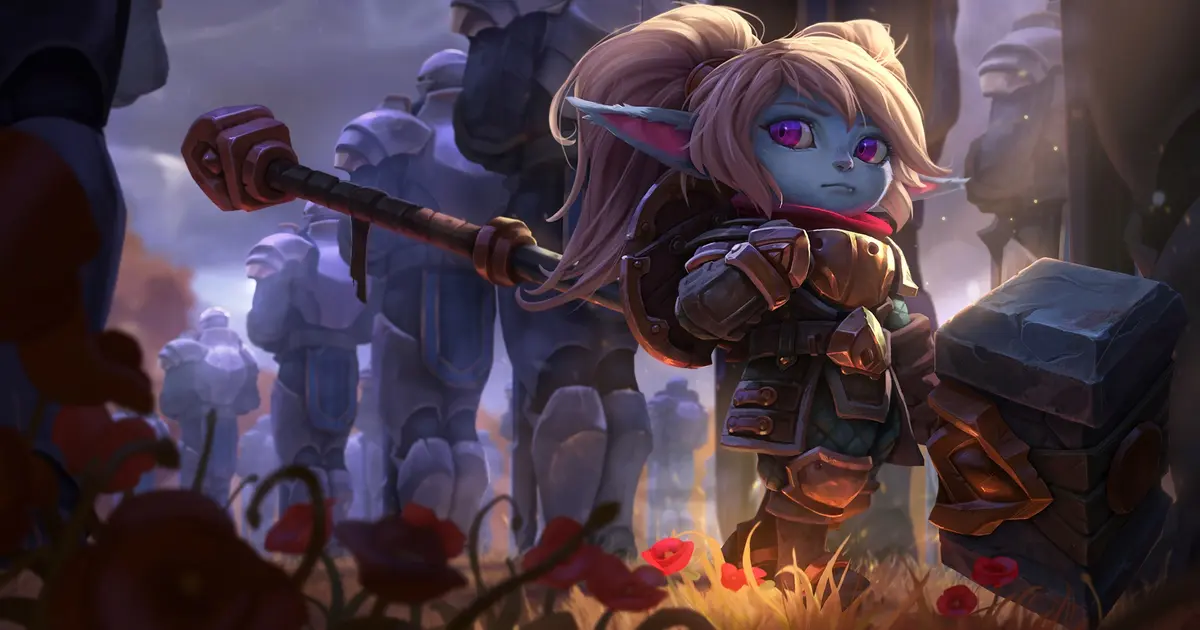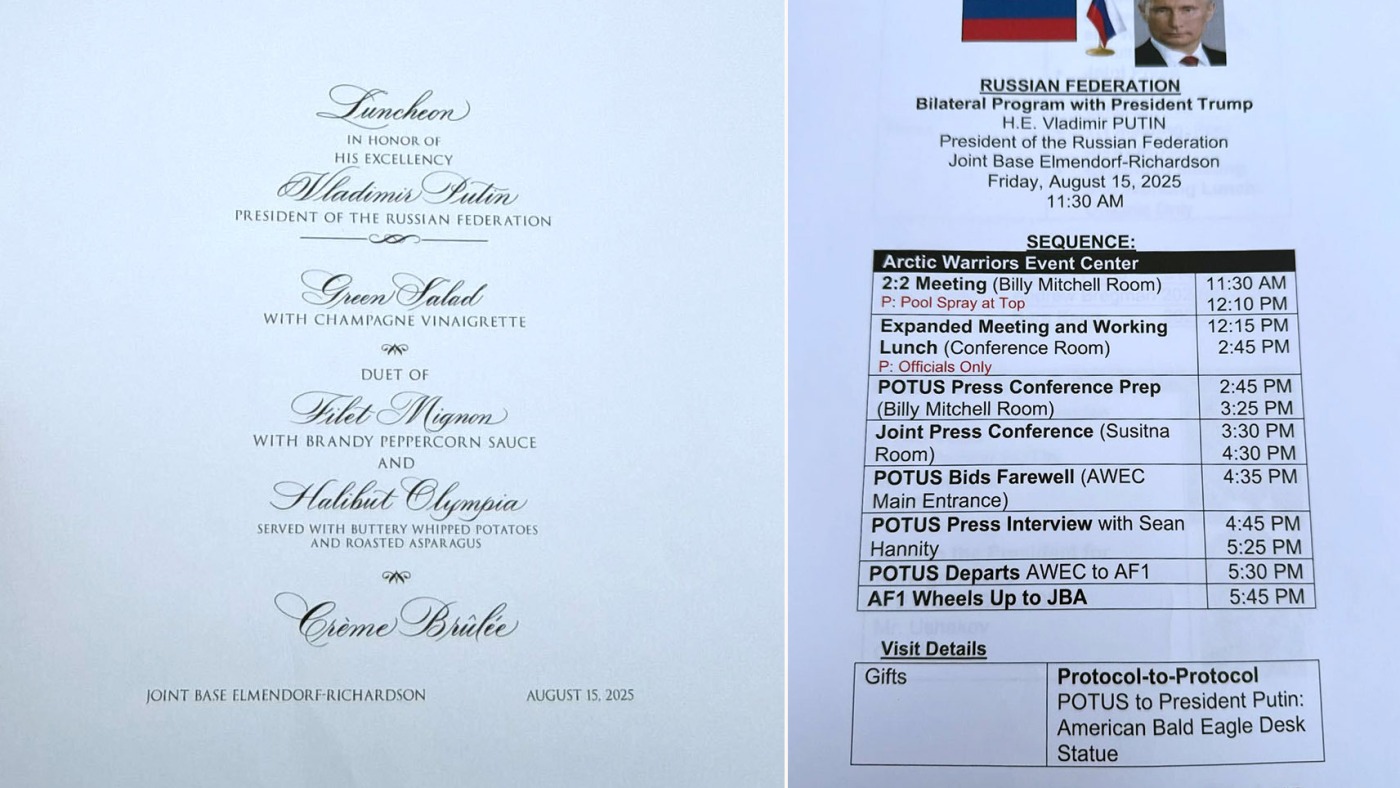China-Japan Relations: The Unresolved Trauma Of The Nanjing Massacre

Welcome to your ultimate source for breaking news, trending updates, and in-depth stories from around the world. Whether it's politics, technology, entertainment, sports, or lifestyle, we bring you real-time updates that keep you informed and ahead of the curve.
Our team works tirelessly to ensure you never miss a moment. From the latest developments in global events to the most talked-about topics on social media, our news platform is designed to deliver accurate and timely information, all in one place.
Stay in the know and join thousands of readers who trust us for reliable, up-to-date content. Explore our expertly curated articles and dive deeper into the stories that matter to you. Visit Best Website now and be part of the conversation. Don't miss out on the headlines that shape our world!
Table of Contents
China-Japan Relations: The Unresolved Trauma of the Nanjing Massacre
The shadow of the Nanjing Massacre, also known as the Rape of Nanking, continues to loom large over China-Japan relations, a stark reminder of a deeply unresolved historical trauma. This brutal event, which occurred during the Second Sino-Japanese War in 1937-1938, remains a significant point of contention, hindering the development of a truly stable and trusting relationship between the two Asian giants. Understanding this historical wound is crucial to comprehending the complexities of modern Sino-Japanese relations.
<h3>The Horror of Nanjing: A Legacy of Suffering</h3>
The Nanjing Massacre witnessed unspeakable atrocities committed by the Imperial Japanese Army against the civilian population of Nanjing. Estimates of the death toll vary widely, ranging from tens of thousands to over 300,000, but the consensus points to a horrific slaughter characterized by mass killings, widespread rape, and systematic destruction. The sheer scale of violence and the brutality inflicted continue to deeply resonate in Chinese national memory. This collective trauma is not simply a historical footnote; it's a living memory passed down through generations, fueling a deep-seated sense of grievance and distrust towards Japan.
<h3>Differing Historical Narratives: A Major Obstacle</h3>
One of the key obstacles hindering reconciliation lies in the divergent interpretations of the Nanjing Massacre. While China maintains a strong and consistent narrative emphasizing the scale and brutality of the event, supported by substantial evidence including eyewitness testimonies and documented accounts, Japan’s official position has often been more muted and hesitant to fully acknowledge the extent of the atrocities. This difference in historical narrative fuels ongoing tensions and distrust. Some Japanese scholars and politicians attempt to downplay the scale of the killings, leading to accusations of historical revisionism and further exacerbating the issue. This ongoing debate over historical facts continues to poison the well of Sino-Japanese relations.
<h3>The Impact on Modern Relations: Beyond the Past</h3>
The legacy of the Nanjing Massacre significantly impacts contemporary China-Japan relations in several ways:
- Political tensions: The issue regularly flares up in political discourse, hindering cooperation on regional and global issues. Diplomatic relations can become strained, particularly during sensitive anniversaries.
- Public opinion: Negative public sentiment in China towards Japan remains strong, influenced by the ongoing memory of the Massacre. This makes it difficult for politicians in both countries to pursue closer ties without facing domestic backlash.
- Economic implications: While economic ties between the two nations are substantial, underlying historical tensions can affect business confidence and investment decisions.
<h3>Towards Reconciliation: A Path Forward?</h3>
While the path to complete reconciliation remains challenging, several steps could help foster better understanding and cooperation:
- Open dialogue and historical education: Honest and open discussions about the Nanjing Massacre, incorporating diverse perspectives and acknowledging the suffering on all sides, are essential. Comprehensive and accurate historical education in both countries is crucial to fostering empathy and understanding among future generations.
- Memorialization and remembrance: Respectful commemoration of the victims of the Nanjing Massacre is vital. This includes creating spaces for remembrance and reflection, without resorting to inflammatory rhetoric.
- Strengthening people-to-people exchanges: Increased cultural and educational exchanges between China and Japan can help build bridges and foster understanding beyond official government narratives.
The Nanjing Massacre serves as a potent reminder of the enduring consequences of war and the importance of confronting difficult histories honestly. True reconciliation requires a commitment from both China and Japan to engage in open dialogue, acknowledge the suffering of the victims, and work towards building a future based on mutual respect and understanding. Only then can the shadow of this tragic event finally begin to lift from the relationship between these two powerful nations. For further information on this critical subject, explore resources from the Nanjing Massacre Memorial Hall and reputable academic institutions studying this period of history.

Thank you for visiting our website, your trusted source for the latest updates and in-depth coverage on China-Japan Relations: The Unresolved Trauma Of The Nanjing Massacre. We're committed to keeping you informed with timely and accurate information to meet your curiosity and needs.
If you have any questions, suggestions, or feedback, we'd love to hear from you. Your insights are valuable to us and help us improve to serve you better. Feel free to reach out through our contact page.
Don't forget to bookmark our website and check back regularly for the latest headlines and trending topics. See you next time, and thank you for being part of our growing community!
Featured Posts
-
 Rare Instagram Appearance By Peter Krause Sparks Frenzy Among 9 1 1 Viewers
Aug 17, 2025
Rare Instagram Appearance By Peter Krause Sparks Frenzy Among 9 1 1 Viewers
Aug 17, 2025 -
 Long Running Corruption Probe Ends With Federal Indictment For New Orleans Mayor
Aug 17, 2025
Long Running Corruption Probe Ends With Federal Indictment For New Orleans Mayor
Aug 17, 2025 -
 Understanding Gen Z Parenting Strategies From Adolescence On Netflix
Aug 17, 2025
Understanding Gen Z Parenting Strategies From Adolescence On Netflix
Aug 17, 2025 -
 Late Inning Drama Ryo Otas Grand Slam Keeps Orix In The Game
Aug 17, 2025
Late Inning Drama Ryo Otas Grand Slam Keeps Orix In The Game
Aug 17, 2025 -
 Dev Security New Challenges And Solutions For Banning Bots And Boosters This Year
Aug 17, 2025
Dev Security New Challenges And Solutions For Banning Bots And Boosters This Year
Aug 17, 2025
Latest Posts
-
 Keita Nakagawas Game Tying Home Run Fuels Orix Comeback
Aug 17, 2025
Keita Nakagawas Game Tying Home Run Fuels Orix Comeback
Aug 17, 2025 -
 Newly Found Documents Shed Light On Trump Putin Meeting In Alaska
Aug 17, 2025
Newly Found Documents Shed Light On Trump Putin Meeting In Alaska
Aug 17, 2025 -
 Actor Tristan Rogers Iconic General Hospital Star Passes Away At 79
Aug 17, 2025
Actor Tristan Rogers Iconic General Hospital Star Passes Away At 79
Aug 17, 2025 -
 Premier League Racism Antoine Semenyo Details Abuse During Liverpool Game
Aug 17, 2025
Premier League Racism Antoine Semenyo Details Abuse During Liverpool Game
Aug 17, 2025 -
 The Untold Story Of A Wwii Veteran A Vj Day Memory That Moved Queen Camilla
Aug 17, 2025
The Untold Story Of A Wwii Veteran A Vj Day Memory That Moved Queen Camilla
Aug 17, 2025
